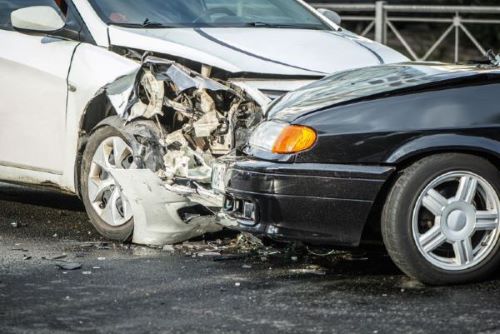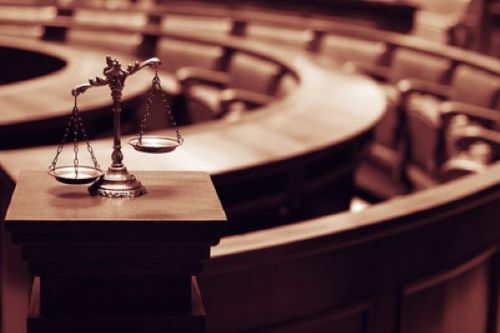An accident deposition happens during the discovery stage of a personal injury lawsuit involving a motor vehicle accident. For a deposition to occur, the accident victim must have decided and commenced a lawsuit. By the time the deposition happens, the case is close to going to trial. Afterward, the suit can either proceed to trial or settle out of court.
This article looks at what happens after an accident deposition in a personal injury lawsuit. For example, if you were in a motor vehicle collision and suffered injuries, a Douglasville car accident lawyer can help you file a lawsuit. A lawyer will also ensure you’re prepared for the deposition and help you get a satisfactory conclusion to your case.
What Happens Before a Deposition?
Before a deposition happens, the following steps must have been taken place:
- The victim’s lawyer would have filed a personal injury lawsuit against the fault driver
- A court process driver would serve the defendants with a summons and a copy of the complaint
- The defendant, through their attorney, will file an official answer to the complaint
- The defense counsel sends a list of questions known as interrogatories to the victim or their lawyer. The questions often cover how the accident occurred; injuries suffered, damages, treatment, and life after the occurrence.
- The defense counsel then schedules the deposition and sends you a notice stating the time, date, and location.
What Happens During an Accident Deposition?
A deposition happens in a law office and usually has the victim and their attorney and the fault driver’s attorney in attendance. A court recorder will also be present to record the proceedings and the victim’s testimony. This testimony is admissible as evidence during the trial, so watching what you say is essential.
During the deposition, the defense attorney will ask the questions mentioned above. While this procedure allows you to tell your entire story from life before the accident to life after it, you shouldn’t stray from the line of questioning. Stick with the truth, and say only things your Douglasville car accident attorney approved of ahead of time.
What Happens After a Deposition?
Below we discuss what to expect after an accident deposition.
Settlement and Alternative Dispute Resolution Conferences
After the victim and witnesses get deposed, the court may order a pre-trial or settlement conference or some other form of alternative dispute resolution (ADR). These conferences happen at the courthouse with a judge presiding over it or a settlement officer.
If it’s mediation, the court may appoint a neutral third-party mediator. For example, it could be a retired judge or a lawyer who has no interest in the case. The purpose of the settlement conference is to give both sides the chance to come together and resolve the matter. Before the meeting or mediation commences, the judge and mediator may meet with both sides to get their version of the case.
Afterward, the judge or mediator sets up a series of separate breakout meetings with each party to the case. At this point, the victim will make known their settlement demand, and the defendant can make a counteroffer. The parties can then settle or reach an impasse. Often, conferences like this work, as the deposition already reviewed the strength and weaknesses of each party’s case.
Personal Injury Trial or Binding Arbitration
If the case doesn’t settle at the settlement or ADR conferences, the lawsuit will proceed to trial, most likely one with a jury. During the trial, the victim gets the chance to tell their story once again. Here, the victim will talk about the accident, how it happened, the injuries sustained, the extent of the medical treatment, and the impact of the accident injuries on their life and mental wellbeing.
At the trial’s conclusion, the jury can favor the victim or the defendant. But most times, they find for the plaintiff. If the parties choose not to go to trial, they can opt for binding arbitration. Here, the parties must agree to specific parameters for a damage award without telling the arbitrator.
For example, suppose the parties agree to a low of $30,000 and a high of $150,000. The victim gets $30,000 for just showing up at the arbitration. However, if the arbitrator awards $200,000 after hearing both sides, the victim would only get $150,000. This is because the sum agreed on before the arbitration is binding.
Contact Experienced Douglasville Car Accident Lawyers Today!
Are you a car accident victim, considering litigation? Our Douglasville auto accident lawyers at the Law Office of John B. Jackson can help you through the entire phase. We work on a contingency basis and will ensure we win your case. Contact us today for a free case review.






